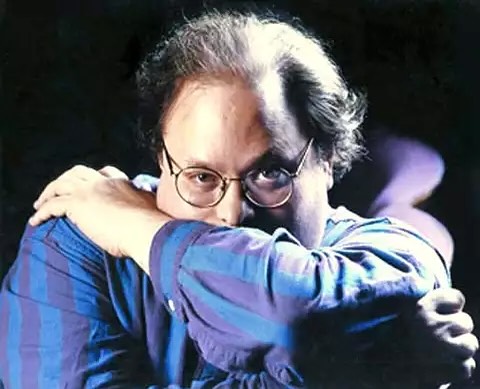Richard Greenberg, Tony-Winning Playwright Behind ‘Take Me Out,’ Dies at 67
NEW YORK — July 5, 2025 — The American theater community is mourning the profound loss of one of its most distinguished voices. Richard Greenberg, a Tony Award–winning playwright best known for the groundbreaking play Take Me Out, died this week at the age of 67.
His death was confirmed by his representatives on Saturday. Although the cause has not yet been publicly disclosed, tributes have already begun pouring in from across the arts world for a man whose thoughtful, lyrical storytelling helped shape modern American drama.
A Singular Voice in Modern Theater
Born in East Meadow, New York in 1957, Richard Greenberg’s love of language and literature blossomed early. He studied English at Princeton University and later earned his MFA from the prestigious Yale School of Drama, where he shifted his focus to playwriting. His career would go on to span nearly four decades and more than 25 original plays, many of which graced Broadway and major regional stages.
Greenberg’s writing style combined sharp wit, layered characterizations, and an elegant use of language. His works often explored themes of time, memory, identity, and privilege, resonating with audiences seeking both intellect and emotional truth onstage.
‘Take Me Out’ and The Power of Representation
Greenberg reached a career pinnacle with his 2002 play Take Me Out, which earned him the Tony Award for Best Play in 2003. Set in the world of professional baseball, the story follows a star player who publicly comes out as gay — igniting conversations about race, sexuality, masculinity, and the culture of American sports.
The play was celebrated for its bravery, nuance, and timely commentary. It returned to Broadway in 2022, nearly two decades after its original run, proving its themes were just as resonant in a new era.
“Richard wrote about difficult subjects with grace and generosity,” said Take Me Out revival star Jesse Tyler Ferguson. “He helped pave the way for honest stories in places where honesty had once been taboo.”
Other Major Works and Lasting Contributions
In addition to Take Me Out, Greenberg penned numerous acclaimed plays including:
- Three Days of Rain (a Pulitzer Prize finalist)
- The Assembled Parties (Tony-nominated)
- The Violet Hour
- Our Mother’s Brief Affair
- Eastern Standard
He was a regular collaborator with institutions like the Manhattan Theatre Club, Lincoln Center Theater, and South Coast Repertory, which helped premiere many of his best-known works.
His plays often featured characters grappling with the past, caught between personal expectation and broader societal shifts. Whether set in New York apartments or baseball dugouts, Greenberg’s stories always illuminated the human experience.
Tributes and Reflections
The news of Greenberg’s death sparked a wave of heartfelt tributes from actors, directors, and fellow writers.
Chris Ashley, who directed several of Greenberg’s plays, said:
“Richard was a genius, plain and simple. His command of language and his understanding of the human psyche were extraordinary. He could break your heart with a single line.”
Manhattan Theatre Club wrote:
“Richard Greenberg’s impact on American theater is immeasurable. He told stories with elegance, humor, and emotional precision. His absence leaves a void that cannot be filled.”
A Life Beyond the Spotlight
While his work often engaged with fame, performance, and public image, Greenberg himself was notably private. He rarely gave interviews and preferred to let his plays speak for him. Friends and collaborators describe him as intellectually curious, deeply empathetic, and unwavering in his commitment to the craft of writing.
He lived most of his life in New York City, where he could frequently be found attending shows, supporting fellow playwrights, and offering thoughtful guidance to emerging voices in theater.
Legacy and Final Arrangements
Greenberg is survived by family and close friends, many of whom were regular inspirations for the characters he brought to life on stage. Funeral arrangements are expected to be private, but a public memorial is being planned by the theater community to honor his work and influence.
In the days to come, theaters across the country are expected to dim their lights in memory of a man whose words lit up the stage.
A Lasting Legacy
Richard Greenberg gave American theater stories that were brave, complex, and achingly human. His characters lived in beautifully fractured worlds — not so different from our own — where love and loss, regret and revelation, could unfold in a single breath.
His plays will continue to be studied, revived, and celebrated by new generations of artists and audiences alike.
Rest in peace, Richard Greenberg. You gave voice to the quiet moments that often speak the loudest.
